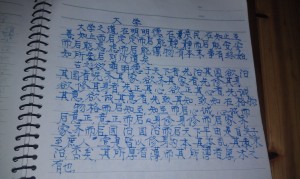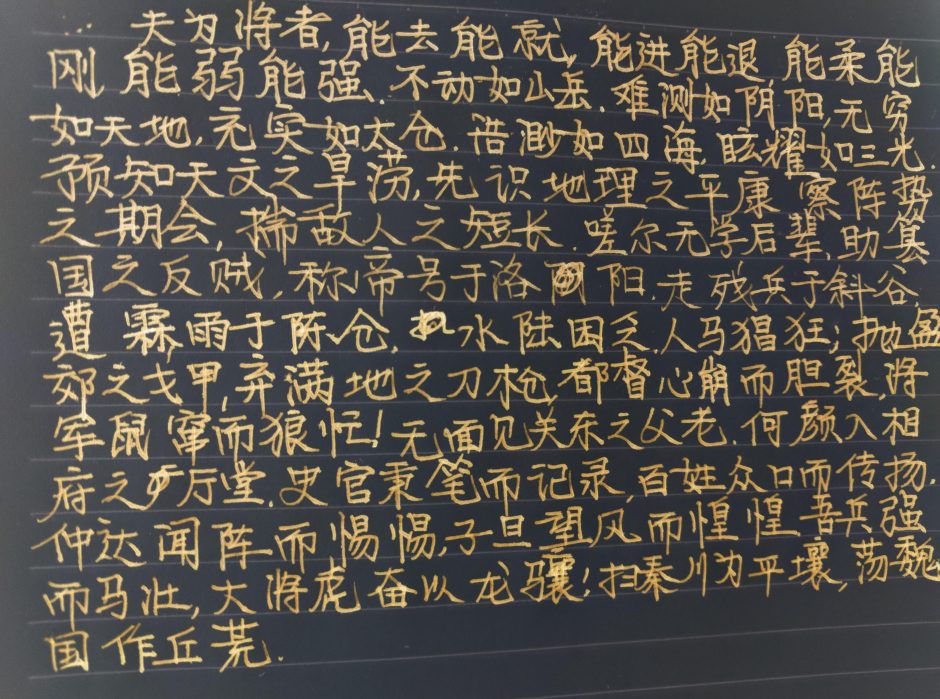http://poj.org/problem?id=3119
#include <stdio.h>
#include <math.h>
#include <stdlib.h>
int sx[65536], sy[65536];
int c, r, to;
const int dx[] = { 0, 1, 0, -1 }, dy[] = { 1, 0, -1, 0 };
void next( int &x, int &y ) {
c++;
if( c == (2*r-1)*(2*r-1) ) {
to = 0;
r++;
x--;
return;
}
x += dx[to];
y += dy[to];
if( abs(x) == r-1 && abs(y) == r-1 )
to = (to+1)%4;
}
int main( ) {
int n, i, a, b, caso, k, x, y, s1, s2;
scanf( "%d", &caso );
for( k=1; k<=caso; k++ ){
scanf( "%d%d", &a, &b );
c = 0; r = 1; to = 0;
x = y = 0;
for( i=0; i<65536; i++ ) {
while( x*a+b == y )
next( x, y );
sx[i] = x;
sy[i] = y;
next( x, y );
}
scanf( "%d", &n );
printf( "Caso %dn", k );
while( n-- ) {
scanf( "%d%d", &s1, &s2 );
if( (sx[s1]*a+b<sy[s1]) == (sx[s2]*a+b<sy[s2]) )
printf( "Mesmo lado da fronteiran" );
else
printf( "Lados opostos da fronteiran" );
}
}
return 0;
}
Meta
-
Recent Posts
Recent Comments
Archives
- May 2024
- April 2023
- February 2023
- January 2023
- December 2022
- November 2022
- September 2022
- June 2022
- July 2021
- January 2021
- February 2020
- September 2019
- March 2018
- February 2018
- August 2016
- July 2016
- June 2016
- May 2016
- April 2016
- March 2016
- February 2016
- January 2016
- December 2015
- November 2015
- October 2015
- September 2015
- August 2015
- July 2015
- June 2015
- May 2015
- April 2015
- March 2015
- February 2015
- January 2015
- December 2014
- November 2014
- October 2014
- September 2014
- August 2014
- July 2014
- June 2014
- May 2014
- April 2014
- March 2014
- February 2014
- January 2014
- December 2013
- November 2013
- October 2013
- September 2013
- August 2013
- July 2013
- June 2013
- May 2013
- April 2013
- March 2013
- February 2013
- January 2013
- December 2012
- November 2012
- October 2012
- September 2012
- August 2012
- July 2012
- June 2012
- May 2012
- April 2012
- March 2012
- February 2012
- January 2012
- December 2011
- November 2011
- October 2011
- September 2011
- August 2011
- July 2011
- June 2011
- May 2011
- April 2011
- March 2011
- February 2011
- January 2011
- December 2010
- November 2010
- October 2010
- September 2010
- August 2010
- July 2010
- June 2010
- May 2010
- April 2010
- March 2010
- February 2010
- January 2010
- December 2009
- November 2009
- October 2009
- September 2009
- August 2009
- July 2009
- June 2009
- May 2009
- April 2009
- March 2009
- February 2009
Categories

